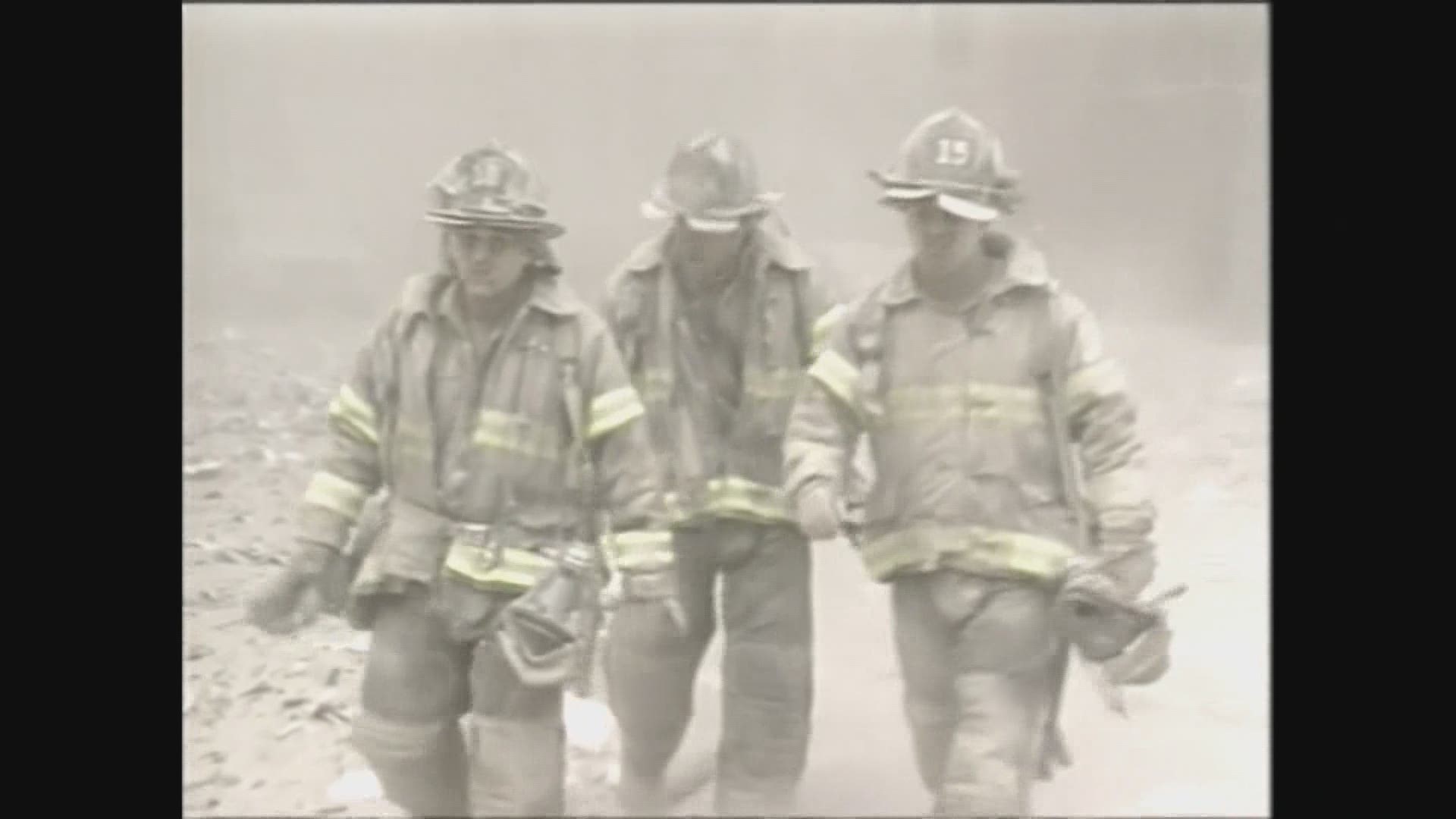Ohio State researchers are working to learn more about the impact of the World Trade Center dust on heart disease for first responders.
Scientist Loren Wold from The Ohio State University College of Medicine is working in conjunction with New York University to find out what was in the dust at ground zero, using samples collected within the first 72 hours of the collapse.
Researchers describe the aftereffects as "accelerated aging" of first responders who are now in their mid-50s and now experiencing specific heart and lung effects along with signs and symptoms of early-onset Alzheimer's and Parkinson's disease.
“It's similar to a chronic smoker and someone who is much older than the first responders who have an average age of 50,” Dr. Wold said. “But they are similar to someone who has end-stage heart failure."
There is some encouraging news from this from the work in that all first responders involved in 9/11 are seen by a team of doctors through the government's World Trade Center Health Program, run through the Centers for Disease Control and Prevention.
There is medical monitoring and treatment of WTC-related health conditions.
Dr. Wold will work with other scientists to help develop treatments.

